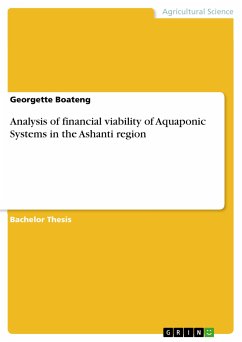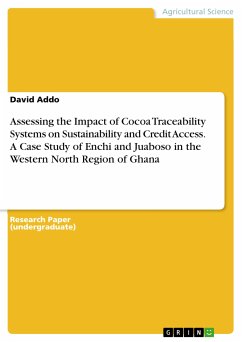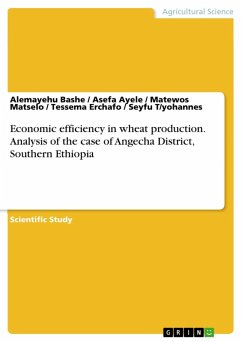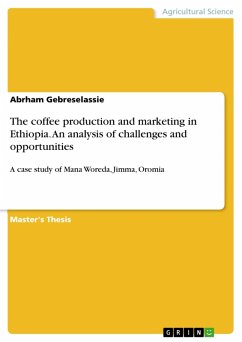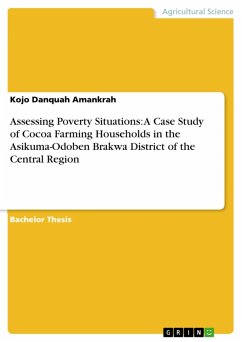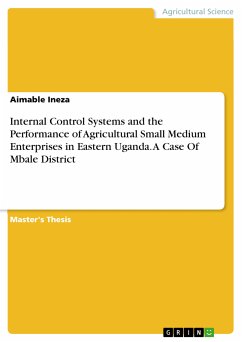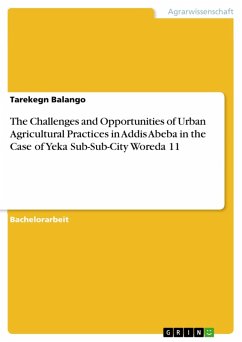Bachelor Thesis from the year 2021 in the subject Agrarian Studies, Kwame Nkrumah University of Science and Technology (Kwame Nkrumah University of Science and Technology), course: BSC Agribusiness, language: English, abstract: Increasing demand on water resources, reduced land water availability, and concerns over food security have spurred the evolution of many innovative and complex food production. Aquaponics is known to be a productive, innovative, and sustainable fish and vegetable production system that is revolutionizing agriculture in the face of drought, soil fertility losses, and climate change. It is an advanced aquaculture-agriculture system, expected to improve food security in developing countries. However, as an emerging technology, there is very limited information on the system in Ghana. Questions about the financial viability, ecological and socio-economic sustainability of Aquaponics are answered in this comprehensive review. This study considers Aquaponics projects in Ashanti Region, looks at the technology, the type of fish and plant yields, and juxtaposes the technology within best-use practices to make recommendations that will inform evidence-based policymaking and highlights the system's contribution to improving food security in the Ghana. This study assessed the financial viability of the Aquaponics system using data obtained from Aquaponics farmers in the Ashanti Region. The initial investment, revenues, benefits cost ratio (BCR), net present value (NPV) using 5 years, internal rate of return (IRR), payback period and accounting rate of return (ARR) were modelled to determine the financial viability of the Aquaponics system. The result indicated that Aquaponics system operation is financially viable. Two fish species (catfish and tilapia) were considered for this study due to consumers' preferences. The most pressing constraint in the study area is high feeding cost followed by power fluctuation and high mortality rate as the least constraint. This study serves as a model for promoting a viable and sustainable unconventional food production system to attain food security and local economic development in Ashanti Region.
Dieser Download kann aus rechtlichen Gründen nur mit Rechnungsadresse in A, B, BG, CY, CZ, D, DK, EW, E, FIN, F, GR, HR, H, IRL, I, LT, L, LR, M, NL, PL, P, R, S, SLO, SK ausgeliefert werden.
